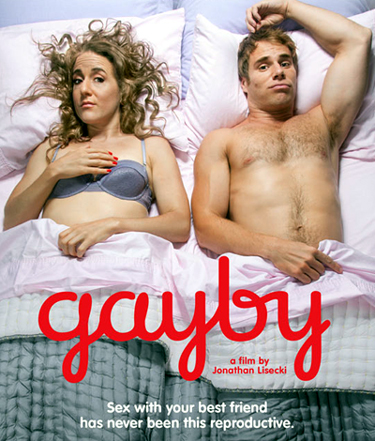Blog
Built to Last
https://storify.com/popthought/built-to-last
Sound Tracks: Pop Music through Media

Next semester I’ll be teaching a University Seminar called Sound Tracks: Pop Music through Media, a course that explores the way that the industry that surrounds the production of pop music has shaped the cultural meaning of music itself, and influenced the development of other media forms (Hollywood film, television, video games, and media technology). The course will first consider the structure of the music industry (Unit 1), then examine cultural phenomena like stardom, genre and ideology through pop music (Unit 2), next analyze the interaction between hardware developments like the cassette deck and the iPod on the “software” of the album and the “leaked” single (Unit 3), and finally explore the relationship between pop music and screen media (film, television, and the Internet).
Course description below, after the jump.…
The radical power of doing your own thing.
There are many, many things to love about being a member of the Department of Media and Communication, but one of my very favorite perks is the Department’s relationship with the Philadelphia Film Society and the Philadelphia Film Festival, which was held this year in October, and Arcadia students and faculty had the opportunity to see loads of great films there. I wasn’t able to catch as many films there as I’d wanted, but I did get to see some great ones: THE SESSIONS, STEP UP TO THE PLATE, the short THE PROCESSION, HOLY MOTORS and SILVER LININGS PLAYBOOK. But perhaps my favorite experience at the festival this year was seeing GAYBY, the lovely little comedy written and directed by Jonathan Lisecki.

Part of what makes GAYBY so charming is how deceptively simple its premise is. Jenn wants to get pregnant, can’t afford fertility treatments or in vitro procedures, so she asks her college best friend Matt to impregnate her the old fashioned way. Matt is gay, hijinks ensue, you can fill in the blanks from there. Except you can’t, exactly–the film is able to avoid and often subvert those well-worn conventions from all of those television sitcoms that have toyed with the scenario since the mid 1990s. It’s not fine cinema, and it’s not trying to be. It’s just a clever and fun movie.
The Joy of Media Studies
In teaching my undergraduate Media Studies seminar, I often illustrate concepts that students find abstract or complex with examples from pop music, and especially music video. A few weeks ago, I was using a series of clips to run through some dominant concepts in mid-twentieth century media studies, a funny thing happened in my classroom.
I started to play this clip…
…and just as I reached to turn the sound down and start talking about QD Leavis, my students started singing. All of them. Loudly.
Mapping our Lives with College Memes
Unless you were attending Deep Springs College and were too busy herding cattle by day and reading Nietzsche by night this spring to notice, your campus probably had its own “College Memes” page on Facebook. My own alma mater, the University of Miami (woosh, woosh) has several FB meme pages, each with approximately 2000 likes (this for a school with about 10,000 undergrads).
The Huffington Post, itself the newspaper equivalent of an internet meme in some ways, covered the phenomenon this February, after multiple college-centric meme figures had established themselves nationwide–Sheltered College Freshman, Lazy College Senior, Scumbag Steve, etc.
These College Memes pages are essentially all the same: you have your standard “One does not simply walk into [place where students routinely walk into]”; your various jokes about the quality of dorms, dining hall food, or campus social life; some scattered laments on the order of “Oh, my school is so full of hipsters!”; and the occasional “HAI, I don’t take my assignments seriously: LOL!”¹

